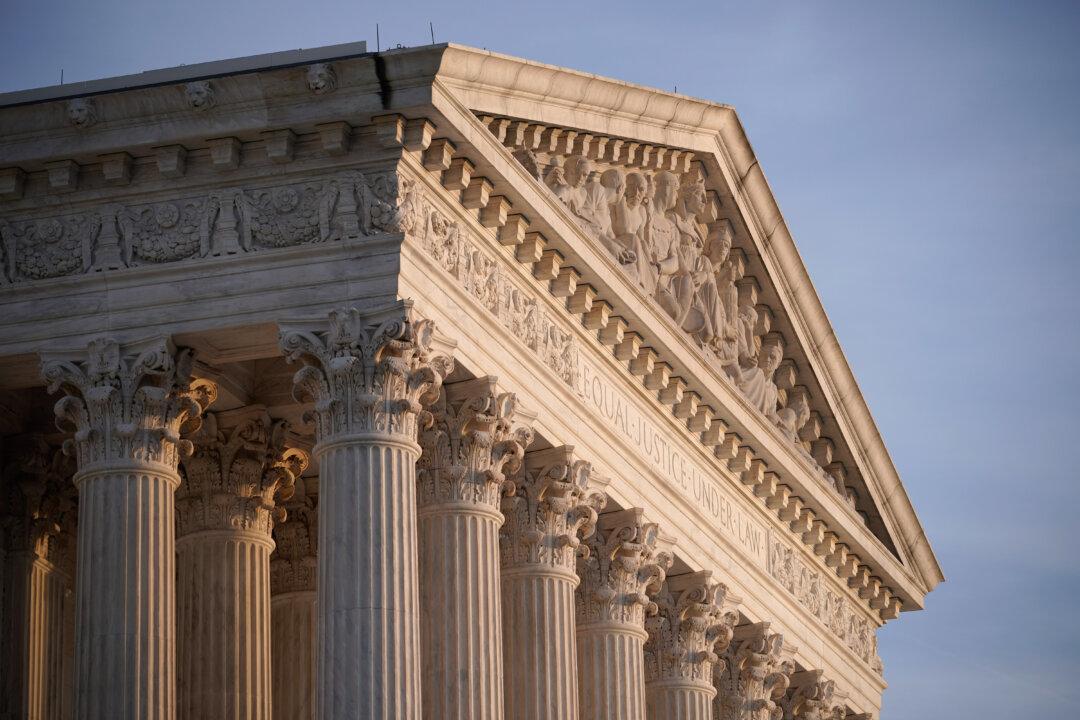The Supreme Court on Monday turned away another opportunity to review a widely debated legal doctrine—known as “qualified immunity”—that insulates police officers from civil liability for conduct required by the job.
The chance to review the Supreme Court-made doctrine was presented in a case where a Cleveland man sued two police officers who assaulted him while trying to enter his home in 2016. The officers, who wore plain clothes at the time, had mistaken the home as a vacant home in a high-crime neighborhood.




